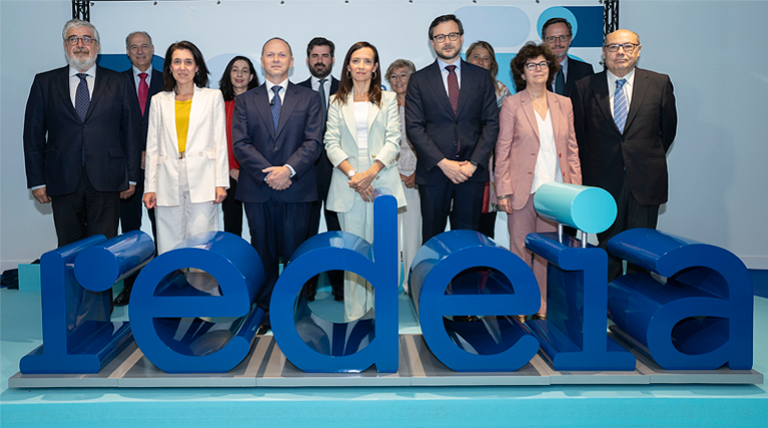We are a global operator of essential infrastructure
We work to improve people’s lives by fighting against inequality to make progress without leaving anyone behind, collaborating with public administrations and entities in the Third Sector. Likewise, we operate in four areas of work and eleven lines of action focused on reducing digital, territorial, generational, and gender inequalities.

We promote connectivity in the territories where we operate and work in order to foster digital literacy of society by reducing digital barriers to achieve inclusion.

We contribute to reducing urban-rural imbalances by driving the energy transition and promoting entrepreneurship, local development, preserving natural capital, and culture, with local innovation as key tools.

We contribute to reducing child poverty, promoting education, youth employment, and collaborating with training entities in the electrical sector to facilitate the ecological transition.

We support social and labour equality for women as a lever of opportunities and progress for all. Additionally, we promote the scientific and technological vocation of women from an early age.

- Guidelines for the development of energy transition plans in Spain
- Community energy
- Digital axis
- Oficios en Red
- Plataforma Verde (Green Platform)
- Alimentos Solidarios (Food Solidarity)
Espacio de Animación Rural de Corcolilla, the regeneration project that won Holapueblo in Alpuente
Innova rural, the project of reactivation that won the IV edition of Holapueblo in Beteta
Ruralizable holds a new event to discuss financing for rural entrepreneurs



























